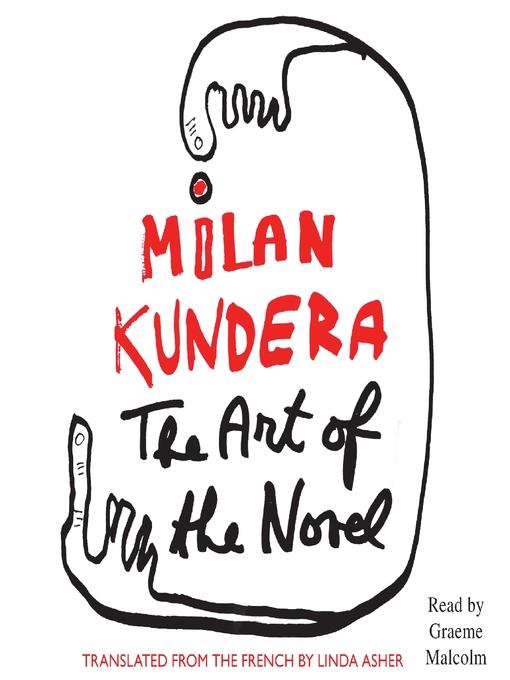"Incites us to reflect on fiction and philosophy, knowledge and truth, and brilliantly illustrates the art of the essay." — The New Republic
""Every novelist's work contains an implicit vision of the history of the novel, an idea of what the novel is. I have tried to express the idea of the novel that is inherent in my own novels."" — Milan Kundera
Kundera brilliantly examines the evolution, construction, and essence of the novel as an art form through the lens of his own work and through the work of such important and diverse figures as Rabelais, Cervantes, Sterne, Diderot, Flaubert, Tolstoy, Musil, Kafka, and perhaps the least known of all the great novelists of our time, Hermann Broch.
Kundera's discussion of his own work includes his views on the role of historical events in fiction, the meaning of action, and the creation of character in the post-psychological novel.

